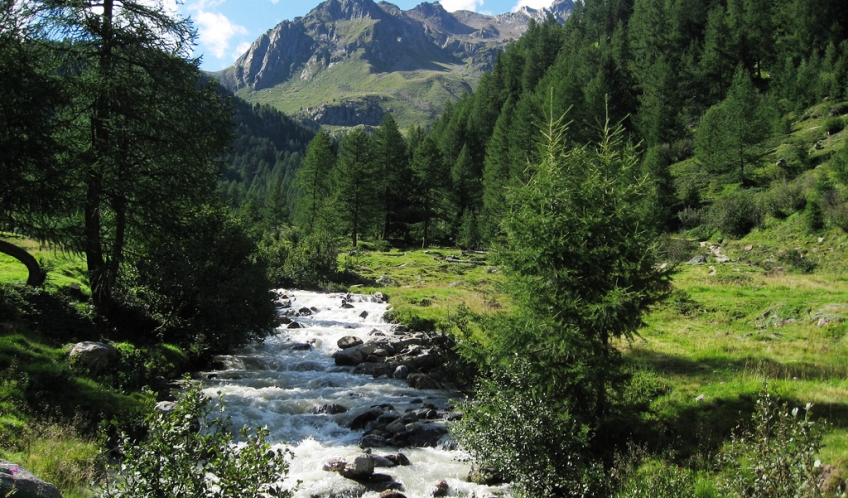Analysis
Italy moves to convert parks into ‘economic assets’
The Italian Parliament is debating a proposed law, which envisions national and regional parks as economic assets rather than public assets to be protected.

The 27 national and 120 regional protected areas instituted as national parks — Italy’s lungs — have altered their guidelines with a new framework law approved Tuesday by the House and then sent back for a second reading in the Senate. But of course not everyone agrees with this reform.
The environmental NGOs — not all of them, but the 12 largest, including WWF, Greenpeace and Lipu — are up in arms and asked the MPs not to vote for the new law as presented by the commission. In addition, Tuesday in the Senate the amended text was approved by a crippled majority: 249 votes in favor, 115 against and 32 abstentions.
The thumbs down came not only from the opposition (M5S, Sinistra Italiana and Lega Nord) but also Bersani’s MDP, while Forza Italia abstained. The law will not be thrown out entirely, in the opinion of its critics, because there is wide consensus on the need to modernize the previous legislation dating back to 1991.
For example, the mandated appointment of park directors among those enrolled in the corresponding professional register is considered almost universally a corporate and bureaucratic hindrance to overcome. The management models need to improve the implementation of the resources transferred by the state, which are considerable: approximately €80 million to each financial entity, which are often not fully used or not at their full potential.
But what the environmentalists really did not like is the governance model and, more generally, the “economistic” facility — a vision in which the park must be an economic asset rather than a public asset to be protected — which would be consolidated in the bill with the addition of parliamentary and governmental changes.
There are two aspects to this: One are royalties on economic activities that have an impact on the environment — from mineral water springs to the drilling activities in Val d’Agri — already present in the protected area. The other is the “burden” of the representatives of the local economic categories in the management bodies, which would thus be transformed into a sort of new, non-elective local government body.
The reform emphasizes the role of the royalties, and it seems it wants to reinforce, in writing, the managerial autonomy of the individual parks — with the subsequent enhancement of its brand and its merchandising. But at the same time, it is expected that these withdrawals from the revenues are also paid one-off, instituting a de facto compensation as a penalty or compensation.
As for governance, until now, the appointment of presidents and general managers of the park authorities were the prerogative of the Ministry of Environment (the directors selected for the register).
Under the new law, the register will no longer exist. Each president will be chosen by the ministry but always “in agreement” with the relevant region, to which a list of three candidates is to be submitted. The general manager will be selected by a commission composed of a ministry representative and two appointed by the board of directors, which in turn is composed by four “national” and four “local” representatives.
But within the board of directors, a considerable representation of the “agriculture and fishing” sectors is added. Environmentalists had proposed instead that the key management position of general manager should be selected through a public management contest. With the formula proposed in the bill, without any requirements, the politicians, probably local if not by patronage, will have their hands completely free.
Originally published at https://ilmanifesto.it/i-parchi-cambiano-pelle-e-senza-il-benestare-degli-ambientalisti/ on 2017-06-21
